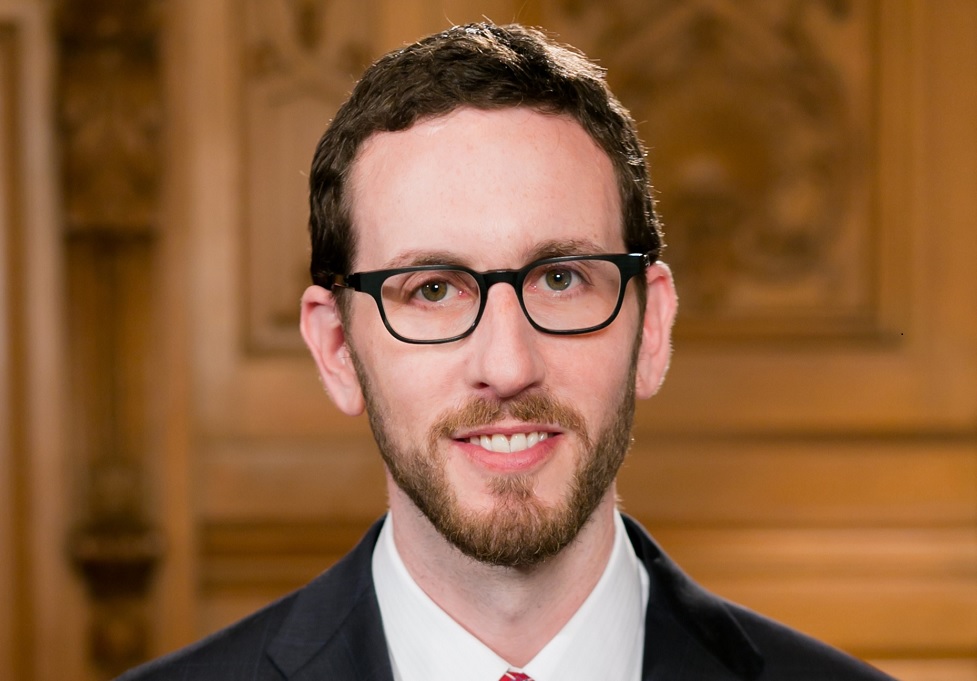Two housing bills that are popular with the real-estate industry and unpopular with the state’s voters as a whole are headed for the floor of the state Assembly.
Both bills have already passed the Senate, so if the Assembly approves them, and the Senate signs off on minor amendments, both will go to the governor’s desk—most likely before the Sept. 14 recall vote.

SB 9 (Atkins) and SB 10 (Wiener) both seek to limit local control over housing and allow more dense market-rate development.
Neither bill requires any affordable housing, funds any affordable housing, or does anything to address the housing crisis except give private developers more rights.
A recent poll by David Binder and Associates shows that, by more than 2-1, California voters oppose both bills.
The poll showed that the sponsors of the bills are not terribly popular, either:
The influence of the Apartment Owners Association, the Chamber of Commerce, and California Yimby is pretty weak, too: The fact that the CAA supports both bills meant that 46 percent would be more likely to oppose, and only 16 percent more likely to support. The numbers were 49-19 for the Chamber and 40-16 for CA Yimby.
But the real-estate industry (and Big Telecom) have immense influence in Sacramento, so there’s a good chance both will pass. And Newsom has been generally supportive of the deregulated free-market approach to housing.
Many affordable housing activists oppose the two bills (which could in fact lead to more suburban sprawl).
The opposition to the bill crosses traditional political lines—most progressive tenant and housing groups in the state are against this approach, and so are some conservative homeowner groups and cities with mostly single-family zoning.
Wiener and Assemblymember David Chiu have complained about this “left-right pincer” movement.
And as the bills head toward becoming law, a grassroots group (as far as I know, it has no big corporate money) is moving to put an initiative on the ballot that would put local control of land use in the state Constitution.
That would be an uphill battle—unless some big, big donor comes along, the idea of raising $10 million to put something on the ballot and another $20 million (at least) to campaign against the entire California real-estate industry is daunting.
And the measure itself (which started as a legislative bill that never had a chance) is limited, at best. It also says nothing about affordable housing. It would allow, for example, Mountainview and Cupertino to accept all the tech office space in the world, without any responsibility to allow housing for that workforce. That’s been happening for more than a decade; in essence, these cities have outsourced their housing problems to San Francisco, collecting their tax money from tech and causing deep damage to a city that gets none of those benefits.
There are much better ways to address the state’s housing problems: Linking office space to workforce housing, repealing Prop. 13 for commercial property and using the tax revenue for affordable housing, repealing the Ellis Act and Costa-Hawkins so that cities can protect existing vulnerable communities, using state money to take as much private housing as possible out of the market … there are all kinds of ideas that would make a difference.
But this measure—honestly, a blunt instrument—could become popular if Newsom signs both of these laws.
I have never quoted (or even met) the mayor of Redondo Beach. Bill Brand is an avid surfer who got into politics fighting a huge high-end waterfront development in his town. But he was the designated opposition speaker in the Assembly Appropriations Committee hearing on SB 9 today.
He had a speech prepared, but the committee chair said only arguments about the fiscal impact of the bill would be allowed. So most of what he wanted to say never made it into the record.
But he put it out on an email list that we are part of, and here’s some of his would-be testimony:
The problem of affordable housing isn’t a simple problem of supply and demand. We have over 1 million vacancies statewide and a huge and growing disparity between lower income, working class Californians and the wealthy investors who pay cash for homes to be used as investments. Gentrification and displacement are already happening, and SB9 will only accelerate this phenomenon.
The idea of deregulating the housing market at the same time that Wall Street and other speculators are making massive moves into the single-family housing market speaks for itself. But our policy makers seem to care more about big tech and big real estate than working Californians, particularly those of color, who continue to struggle to maintain quality housing in an environment where rents and mortgages are skyrocketing.
All of the Democrats in every committee voted for the bills. I suspect that will be the same outcome on the Assembly and Senate floor.
When Sacramento bungled the issue of property tax hikes (driven by speculation and massive growth in California) in the mid-1970s, we got Prop. 13—possibly the worst ballot measure ever approved in the state.
If Sacramento bungles housing, too, the results could also be a serious problem.




